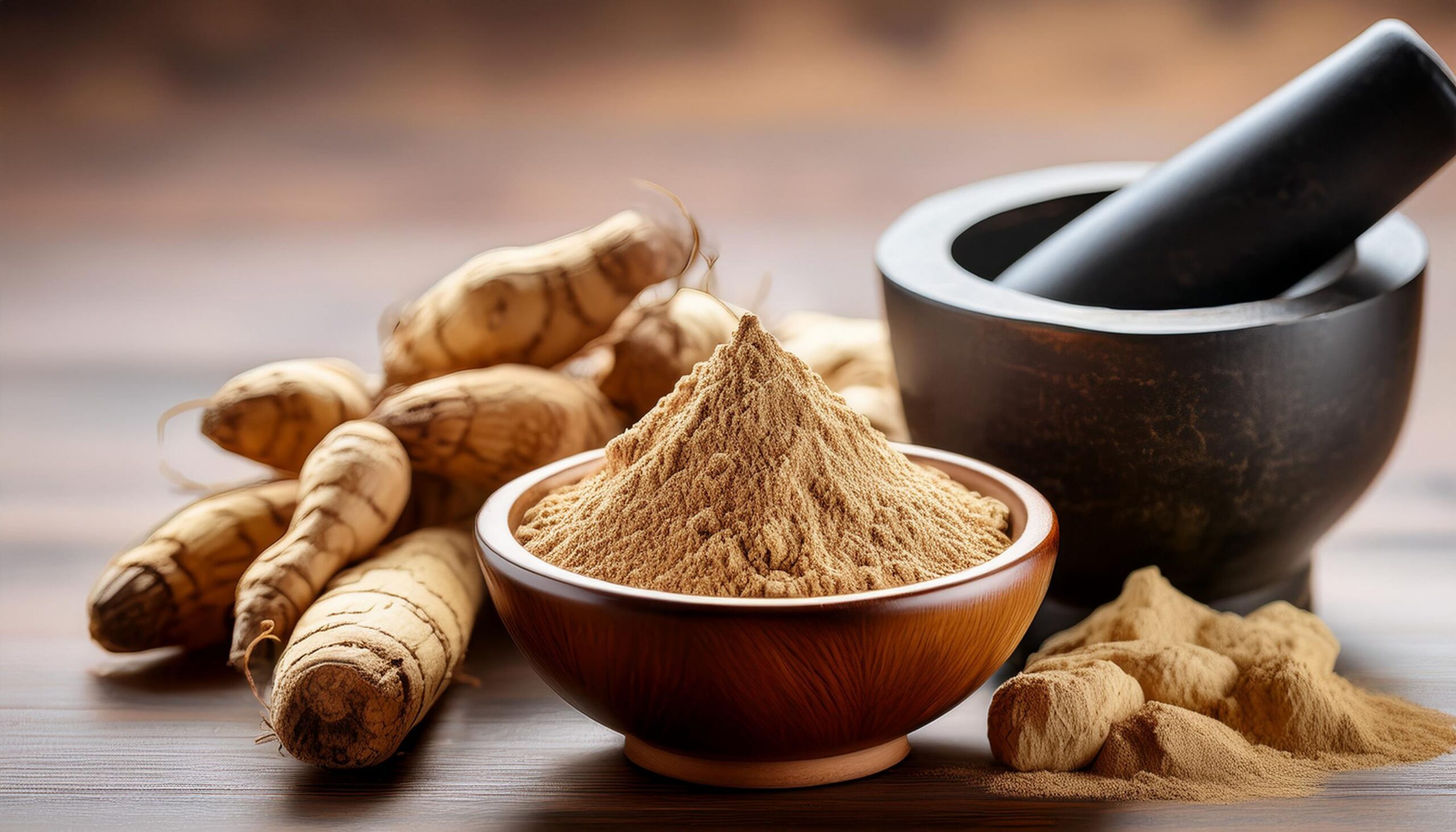Dr. Liz Bartman

Did you know: maca is an adaptogen! As such, it can be a powerful tool for hormone health, but it may not be for everyone.
Maca (Lepidium meyenii), a cruciferous root vegetable native to the Peruvian Andes, has gained popularity as an adaptogen—a natural substance that helps the body adapt to stress and maintain homeostasis. For women, maca offers potential benefits in areas such as hormonal balance, energy, and mood regulation. However, not all women tolerate maca well due to individual health conditions, hormonal sensitivities, and underlying imbalances.
Benefits of Maca For Female Health
| Hormonal Balance |
| Maca is often used to support hormonal health. Research indicates that it may influence the hypothalamic-pituitary-adrenal (HPA) axis, helping to regulate the production of hormones like cortisol, estrogen, and progesterone. A study published in Menopause found that maca improved mood and reduced symptoms of anxiety and depression in postmenopausal women. (Brooks et al., 2008) |
| Energy and Stamina |
| Maca has been traditionally used as a natural energy booster. Its rich nutrient profile, including vitamins, minerals, and plant compounds, supports overall vitality, which can be particularly beneficial during times of physical or emotional stress. |
| Sexual Health |
| Some studies suggest that maca may improve libido and alleviate symptoms of sexual dysfunction in women. A systematic review published in BMC Complementary Medicine and Therapies highlighted maca’s potential role in enhancing sexual well-being. (Shin et al., 2010) |
Why Some Women May Not Tolerate Maca
Despite its benefits, maca isn’t suitable for everyone. Here’s why:
| Hormonal Sensitivities |
| Maca’s potential effects on estrogen levels may not be well-tolerated by women with hormone-sensitive conditions like endometriosis, polycystic ovary syndrome (PCOS), or estrogen-dominant breast cancer. For these individuals, maca might exacerbate symptoms rather than alleviate them. |
| Thyroid Concerns |
| As a cruciferous vegetable, maca contains goitrogens—compounds that can interfere with thyroid function, especially in individuals with iodine deficiency or existing thyroid dysfunction. |
| Digestive Sensitivities |
| Raw maca, in particular, may cause digestive discomfort for some women due to its high fiber content and sulfur-rich nature. |
How to Incorporate Maca Safely
| Start Small |
| Begin with a low dose (e.g., 1/2 teaspoon of powdered maca) and monitor your body’s response. |
| Choose the Right Form |
| Gelatinized maca is pre-cooked, making it easier to digest and less likely to cause discomfort than raw maca. |
| Review Health Considerations |
| Women with preexisting thyroid conditions, GI sensitivities or lectin intolerance may or may not tolerate maca. |
References
- Brooks, N. A., Wilcox, G., Walker, K. Z., Ashton, J. F., Cox, M. B., & Stojanovska, L. (2008). Beneficial effects of Lepidium meyenii (Maca) on psychological symptoms and measures of sexual dysfunction in postmenopausal women are not related to estrogen or androgen content. Menopause, 15(6), 1157–1162.
- Shin, B. C., Lee, M. S., Yang, E. J., Lim, H. S., & Ernst, E. (2010). Maca (Lepidium meyenii) for improving sexual function: A systematic review. BMC Complementary and Alternative Medicine, 10, 44.


